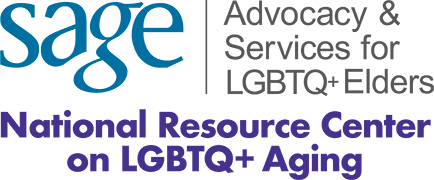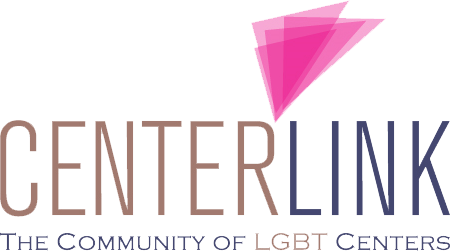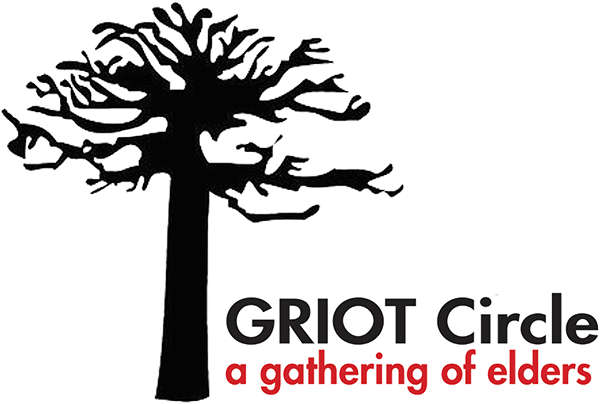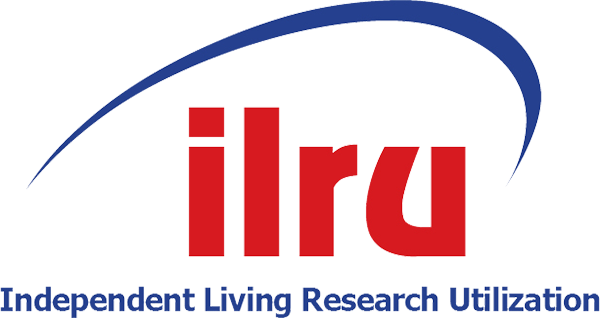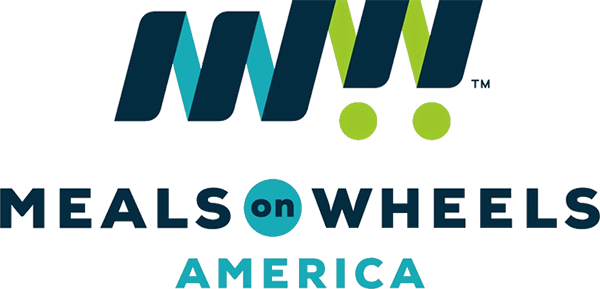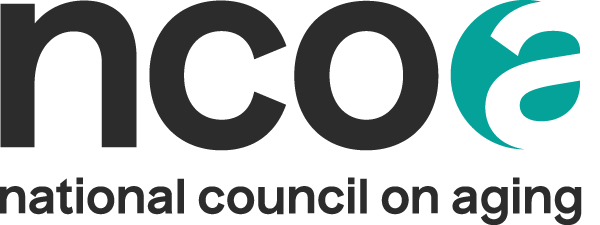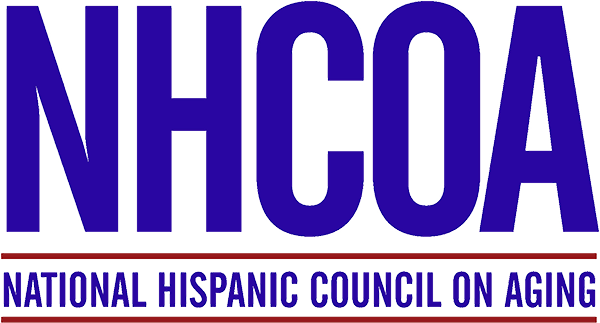These organizations represent various parts of the country and serve a variety of diverse audiences, helping ensure that our resources reach LGBTQ+ older adults from all walks of life. Click each to visit their web site.
Founded in 1954, the American Society on Aging is an association of diverse individuals bound by a common goal: to support the commitment and enhance the knowledge and skills of those who seek to improve the quality of life of older adults. The membership of ASA is a multidisciplinary community of practitioners, educators, administrators, policymakers, business people, researchers, students and other professionals who are concerned with the physical, emotional, social, economic and spiritual aspects of aging. ASA’s renowned educational programming and publications have assisted and enhanced the skills of more than 100,000 practitioners, educators, administrators, policymakers, business people and students—all working to improve the quality of life of older adults—making ASA the leading multi-disciplinary member-based organization in the field of aging focused on cultivating and developing professionals. The American Society on Aging is located in San Francisco, CA.
The mission of the Amputee Coalition is to reach out to and empower people affected by limb loss to achieve their full potential through education, support and advocacy, and to promote limb loss prevention.
CenterLink: The Community of LGBT Centers was founded in 1994 as a member-based coalition to support the development of strong, sustainable LGBT community centers. The organization has played an important role in supporting the growth of LGBT centers across the country and addressing the challenges they face, by helping them to improve their organizational and service delivery capacity and increase access to public resources. Serving over 200 known LGBT community centers across the country in 46 states, the District of Columbia, Canada, Peru, and Mexico, CenterLink assists newly forming community centers and helps strengthen existing LGBT centers, through networking opportunities for center leaders, peer-based technical assistance and training, and a variety of capacity building services. Our efforts are based on the belief that LGBT community centers are primary change agents, engines of community, and the backbone of the LGBT movement. A fundamental goal of our mission is to help build the capacity of centers to meet the social, cultural, health and political advocacy needs of the LGBT community. CenterLink is located in New York City.
FORGE’s Transgender Aging Network (TAN) is an international program that was founded in 1998 and is now headquartered in Milwaukee, Wisconsin. It exists to improve the lives of current and future trans/SOFFA (significant others, friends, family and allies) elders by: Identifying, promoting communication among, and enhancing the work of researchers, service providers, educators, advocates, elders and others who are interested in trans/SOFFA aging issues; promoting awareness of concerns, issues, and realities of trans/SOFFA aging among service providers, researchers, advocates, health care professionals, the lesbian/gay/bisexual and trans communities, and other relevant audiences; advocating for policy changes in public and private institutions, services, organizations, programs, etc. to provide better access for and respectful and appropriate treatment of trans/SOFFA elders; and providing communication channels through which trans/SOFFA elders can give and receive support and information. FORGE Transgender Aging Network is located in Milwaukee, Wisconsin.
GRIOT Circle, founded in 1995 by Ms. Regina Shavers, is an intergenerational culturally diverse community-based organization serving the needs of the community of lesbians, gay men, bisexual and transgender elders of color over the age of fifty. We provide psycho-social support and culturally responsive programming that affirm the lives of this underserved population. GRIOT is committed to honoring and preserving our histories and traditions, reuniting those parts of ourselves that have been fragmented by racism, sexism and homophobia. We maintain a safe space, free of discrimination based on age, gender, race, sexuality, spirituality and ethnic origin. GRIOT Circle is located in Brooklyn, NY.
Hunter College, located in the heart of bustling Manhattan, is the largest college in the City University of New York (CUNY) system. Founded in 1870, it is also one of the oldest public colleges in the country. Silberman Aging: A Hartford Center of Excellence in Diverse Aging promotes inter-professional, community focused leadership in social work in aging by developing and supporting initiatives through its intersecting Education, Training and Lifelong Learning, Research, and Policy and Practice departments. All of the Center’s activities support healthy aging among older adults, with an emphasis on developing and disseminating knowledge on the complex needs of racial and ethnic minorities, immigrants, and LGBT older adults. Currently, 21,000 students attend Hunter, pursuing both undergraduate and graduate degrees in more than 170 different programs of study.
ILRU, founded in 1977, has a long history of providing research, education and consultation in the areas of independent living, home and community-based services, and the Americans with Disabilities Act.
Holocaust survivors bore witness to the worst of humanity, and their resiliency showed us the best. Along with the memories of those who perished, Holocaust survivors carry physical and emotional scars of unspeakable trauma. And as they age and lose independence, this trauma resurfaces and can leave them feeling vulnerable and alone. Person-centered, trauma-informed care can help. The JFNA Center for Advancing Holocaust Survivor Care uses this specialized approach empowers Holocaust survivors and other victims of trauma to access life-enhancing services to help them age with dignity in their communities.
The Meals On Wheels Association of America is the oldest and largest national organization composed of and representing local, community-based Senior Nutrition Programs in all 50 U.S. states, as well as the U.S. Territories. These local programs are our Members.
Established in 1979, the mission of the National Asian Pacific Center on Aging is to serve as the nation’s leading advocacy and service organization committed to the dignity, well-being and quality of life of Asian Americans and Pacific Islanders (AAPI) as they age. NAPCA serves approximately 10,000 low-income AAPI elders through employment and healthy aging programs and a national, toll-free, Asian language Helpline, linking limited and non-English speaking elders with important resources and benefit programs.
The National Association of Area Agencies on Aging (n4a) is the leading voice on aging issues for the National Aging Network’s 629 Area Agencies on Aging (AAAs) and 246 Title VI Native American Aging Programs. AAAs and Title VI Grants for Indian Tribal Organizations are established under the Older Americans Act. By providing a range of options that allow elders to choose the home and community-based services and living arrangements that suit them best, AAAs make it possible for older Americans to remain in their homes and communities as long as possible. Title VI programs provide comparable nutritional, supportive and caregiver services for their elders. Through advocacy, training and technical assistance, n4a supports this National Aging Network in the development and provision of comprehensive, community-based services which meet the needs of older adults; provide information on available services, programs and policies that affect older adults and their caregivers; and coordinate funding of a wide-range of long term living services and supports. Typical services include information and assistance, home delivered meals, care management, transportation, in home services, legal assistance and protective services. AAAs and Title VI programs provide services to more than 8 million older adults and 1 million caregivers annually. The National Association of Area Agencies on Aging (n4a) is located in Washington, DC.
Founded in 1977, NANASP is recognized by policy makers and others as an effective advocate for their members and the older adults they serve. NANASP is proud to be a leading organization advocating for community-based senior nutrition programs and their staff. With members from across the United States, we are able to impact local, state and national public policy to maintain and improve the health and well-being of all older persons.
NCBA is a 501(c) (3) not-for-profit organization dedicated to preserving the dignity and enhancing the lives of low income elderly African Americans. As one of the largest minority focused organizations in the United States, NCBA addresses the needs of its constituency in the areas of health, affordable housing and employment. Founded in 1970 to ensure that the particular concerns of elderly minorities would be included during the 1971 White House Conference on Aging, NCBA works to facilitate the sharing of resources, information and experience across a spectrum of policy makers, legislators, advocacy and service organizations to address the issues that impact the quality of life for America’s elderly minority population.
The National Center on Advancing Person-Centered Practices and Systems (NCAPPS) is an initiative from the Administration for Community Living and the Centers for Medicare & Medicaid Services that helps States, Tribes, and Territories implement person-centered thinking, planning, and practice in line with U.S. Department of Health and Human Services policy. In the past 30 years, the support systems for older adults and people with disabilities have changed dramatically. In that time, long-term services and supports have generally moved to embrace person-centered values which are dedicated to the idea that individuals should have the power to define and pursue their own vision for a good life. However, many systems still struggle to put person-centered principles into practice and deliver on these commitments.
The National Center on Elder Abuse (NCEA) serves as a national resource center dedicated to the prevention of elder mistreatment. First established by the U.S. Administration on Aging (AoA) in 1988 as a national elder abuse resource center, the NCEA was granted a permanent home at AoA in the 1992 amendments made to Title II of the Older Americans Act.
NCOA’s National Institute of Senior Centers (NISC) supports a national network of over 2,000 senior center professionals dedicated to helping older adults remain active, engaged, and independent in their communities. NISC is setting the standard for the future of senior centers through its national accreditation program, cutting-edge research, promising practices, professional development, and advocacy. For more information, please visit www.ncoa.org/nisc. The National Council on Aging in located in Washington, DC.
The National Hispanic Council on Aging (NHCOA) is the leading national organization working to improve the lives of Hispanic older adults, their families and their caregivers. For more than 30 years, NHCOA has been a strong voice dedicated to securing healthy, happy golden years for the nation’s Hispanic older adults. Its vision is a society in which all older adults have access to necessary resources so they can age securely, with dignity, greater self-sufficiency, and in the best possible health. NHCOA accomplishes this mission by integrating research, policy, and practice to tackle the unique challenges Hispanic older adults face as they age, and by educating and empowering them to be better advocates for themselves. At the community level, NHCOA represents a Hispanic Aging Network of 39 community-based organizations across the continental U.S., the District of Columbia, and Puerto Rico, and also maintains a broader network of 7,000 individuals that reaches 10 million Hispanics each year. Nationally, NHCOA engages in advocacy activities to ensure public policy and legislative efforts targeting older Americans are inclusive of the nation’s diverse elder population.
Founded in 1998, Openhouse is building critically-needed housing, services and community programs to support the health and well-being of lesbian, gay, bisexual and transgender older adults. In April 2008, Openhouse received permission from the City of San Francisco to build at least 88 units of affordable housing with support services that will be welcoming to LGBT seniors. Openhouse is changing the culture all along the continuum of care by training service providers to create welcoming, safe and secure environments for the LGBT clients they currently serve and the many more who need their services. Openhouse offers a wide range of community programs, including discussion groups, art classes, meals, service referrals and social events so that LGBT older adults can come together to form a community and support one another as they age. Openhouse works to ensure that LGBT elders can age with dignity and grace in the place they call home. Openhouse is located in San Francisco, CA.
PHI works to improve the lives of people who need home and residential care—and the lives of the workers who provide that care. Using our workplace and policy expertise, we help consumers, workers, employers, and policymakers improve eldercare and disability services by creating quality direct-care jobs. Our goal is to ensure caring, stable relationships between consumers and workers, so that both may live with dignity, respect, and independence. PHI is located in Bronx, NY.
SEARAC is a national organization that advances the interests of Cambodian, Laotian, and Vietnamese Americans by empowering communities through advocacy, leadership development, and capacity building to create a socially just and equitable society. We envision a socially, politically and economically just society for all communities to enjoy for all generations.
